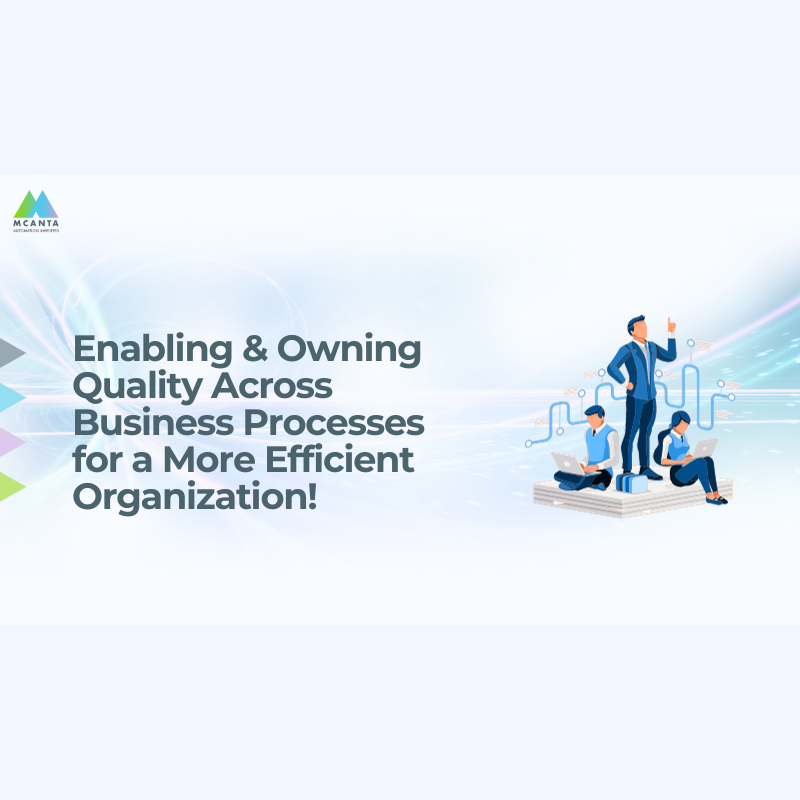Project Description
Challenge
The Wisconsin Alumni Association and UW Foundation (WFAA) has been extremely successful, manages over $4.4B in assets, and is in the process of an enterprise-wide, multi-year, digital transformation, including a migration of business systems to the cloud. One key element of this modernization is adopting the use of Salesforce for their development efforts. To ensure uninterrupted best-in-class service for their constituents, create efficiency gains, and reduce quality assurance (QA) resource overhead, WFAA decided to supplement their manual testing practice with automated testing. To help support these enterprise goals, WFAA was determined to implement a tool that was easy to learn, use and maintain; efficiently train staff to ensure these automation changes would be self-sustaining; and benchmark performance metrics of the legacy systems for comparison to the results of the new cloud systems.
Method
To overcome these challenges, achieve their goals, and provide the best service possible during and after the transition, WFAA determined they would need a trusted quality assurance partner to guide them during this journey and educate them so their automation QA practice would become self-sustaining. WFAA engaged MCANTA to leverage their expertise in software testing automation. Based on MCANTA’s history of excellent customer service, WFAA had confidence that they would be the ideal partner to create a tailored testing strategy, build and execute successful test models, and to transfer the knowledge necessary to WFAA staff to make the testing automation process self-sustaining.
MCANTA worked alongside the WFAA team to achieve tool selection for automation, IT provisioning and software implementation, build initial testing strategy, create and refine automation models and suites, share best practices, and train WFAA staff to ensure a self-sufficient QA program could be established. By design, WFAA’s internal team took on more responsibility over time, and MCANTA transitioned away from design and testing execution and increasingly moved to supervisory and coaching roles.
Results
WFAA was able to meet their goals of implementing an effective, easy to use QA automation tool, train staff to efficiently use it, reduce operational costs, and measure and compare the performance of both the old and new systems. In addition to the financial benefit and time savings of automating application testing, WFAA realized other unexpected gains including improvements to measuring and monitoring system uptime and incredible improvement to root-cause analysis during their digital transformation and business migration. Previous to testing automation, root-cause analysis had to be completed manually, and this new approach has reduced the work of WFAA staff by countless hours.
Quote
There is no manual test that we haven’t been able to automate, and our root cause analysis became much easier. MCANTA went above and beyond and excelled at delivering the project, as well as educating, training and sharing knowledge with the WFAA team. The project was a success and done on time and on budget. We look forward to continuing to work with MCANTA as our automation journey continues.
Applications Services Manager | Wisconsin Foundation and Alumni Association



